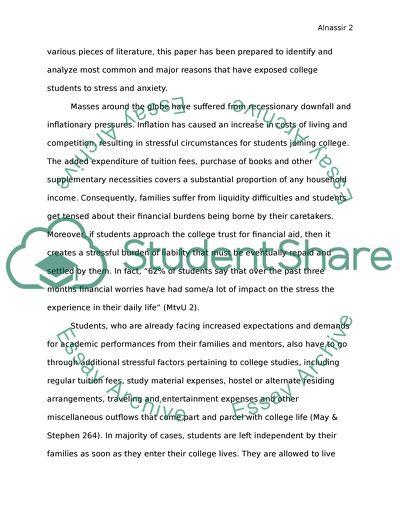Cite this document
(“Stress Implications for College Students Research Paper”, n.d.)
Stress Implications for College Students Research Paper. Retrieved from https://studentshare.org/education/1481999-argument-essay
Stress Implications for College Students Research Paper. Retrieved from https://studentshare.org/education/1481999-argument-essay
(Stress Implications for College Students Research Paper)
Stress Implications for College Students Research Paper. https://studentshare.org/education/1481999-argument-essay.
Stress Implications for College Students Research Paper. https://studentshare.org/education/1481999-argument-essay.
“Stress Implications for College Students Research Paper”, n.d. https://studentshare.org/education/1481999-argument-essay.


